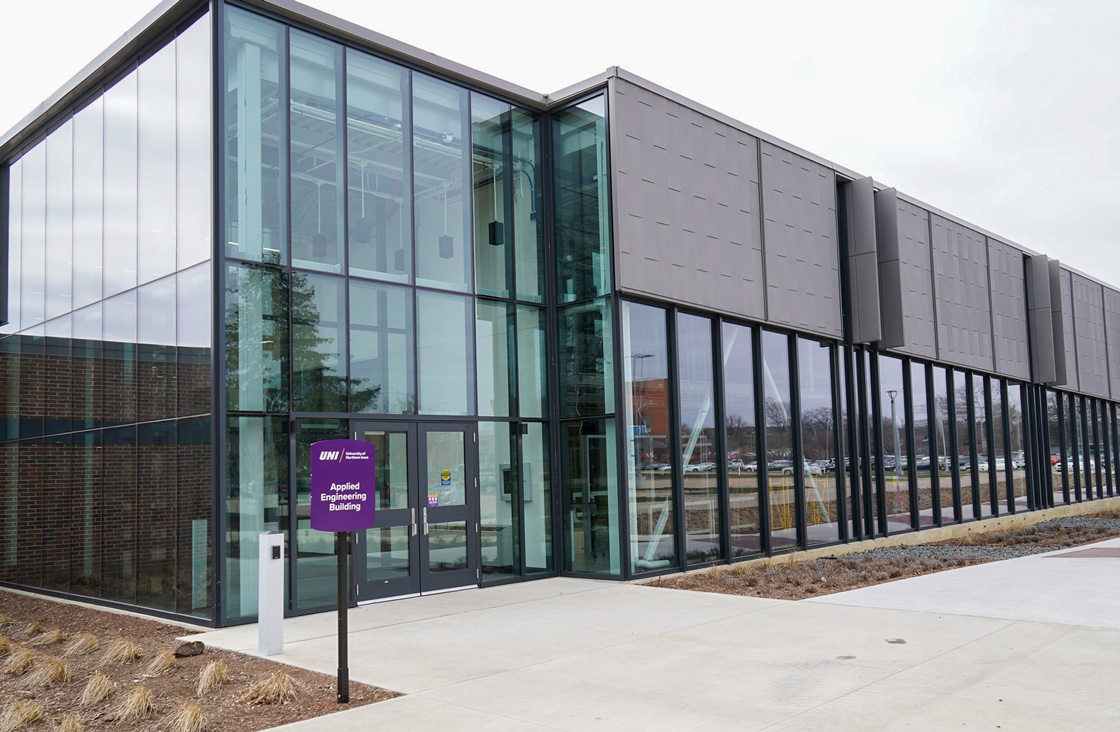Editor’s note: Noah Hackbart currently serves as the Director of Governmental Relations for Northern Iowa Student Government
The second funnel week of the 2024 Iowa legislative session ended on March 15. Here are some basics about the legislative process, the two funnel weeks and two major higher education-related bills that died during this time.
The Legislative Funnel Explained
The Iowa Legislature is made up of a 100-member House of Representatives and a 50-member Senate. These two bodies have two important funnel week deadlines during their legislative session and these deadlines often decide the fate of bills. For a bill to make it past the first funnel deadline and alive, which is usually the sixth or seventh week of session, it needs to have passed out of a committee in at least the House or Senate. For a bill to stay alive after the second funnel, which is usually the 10th or 11th week of session, it must have passed through one of the two chambers and through a committee in the other. While Republicans currently have a trifecta of state government control, holding the Governor’s office, Senate and House, both the Senate and House had different priorities, thus leaving many bills to die after the second funnel. However, both chambers have various ways of keeping whole bills or parts of bills alive throughout the entire session through amendments in bills that are still viable or by putting bills on the “unfinished business” calendar in the Senate to keep them alive for the entirety of the session. There are quite a few legislative loopholes. However, there were two major higher education-related bills that did not make it past the second funnel deadline and were not put onto the “unfinished business” calendar in the Senate, HF2558 and HF2320.
HF2558
This bill was also known as the “Higher Education Reform Act of 2024” or the higher education omnibus. This bill would have changed much of the higher education landscape in the state of Iowa. Some of those changes include alterations to the very body set to oversee the state’s public universities, the Board of Regents. It would have added two non-voting legislators chosen by the Speaker of the House and the Majority Leader of the Senate to the Board while also reducing Regent terms to four years. This bill also would have capped potential tuition raises each year at 3% and freeze rates for certain students for four years, changed the process by which the Board of Regents selects new institutional Presidents, and notably, codify DEI directives passed by the Regents in November of 2023. These 10 directives, originally passed as recommendations and changed over time to directives, would charge the public universities with eliminating and/or reviewing any DEI-related positions not necessary for accreditation or mandated under federal or state laws. The directives also require a review of civic engagement, digital media and website marketing, and hiring practices, as well as a number of other things, to be reviewed or altered. There were a number of other key elements to the bill as well that were added or amended over time. This bill passed the Iowa House on Feb. 29, 56 to 39, with six Republicans voting against it. It failed to receive a subcommittee hearing in the Senate.
HF2320
This bill would have required students who were admitted to any of Iowa’s public universities to submit proof of citizenship in the United States or lawful presence to qualify for in-state fees and tuition. These requirements would have been extended to those at Iowa’s community colleges as well. This bill passed out of the House Judiciary Committee on Feb. 5 after passing out of a Subcommittee on Jan. 29, but did not make it onto the calendar and onto the floor for a vote by the entire House.
For any other information on what the Iowa Legislature is working on in their final few months, check out legis.iowa.gov for legislator information, Legislative Services Agency assistance, bills and language, other education-related bills still alive and more.








